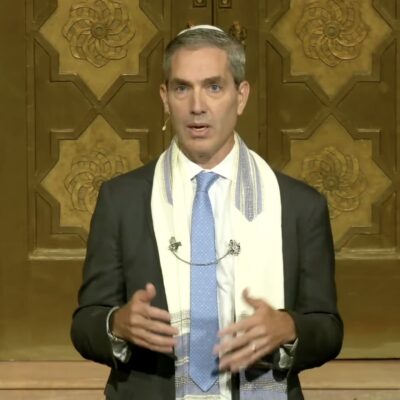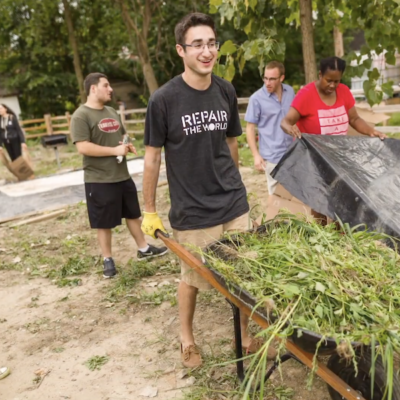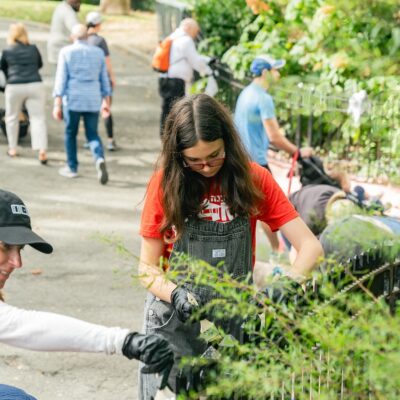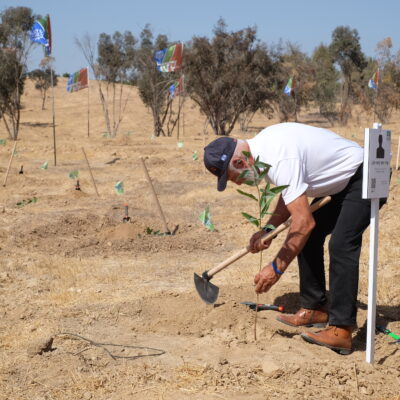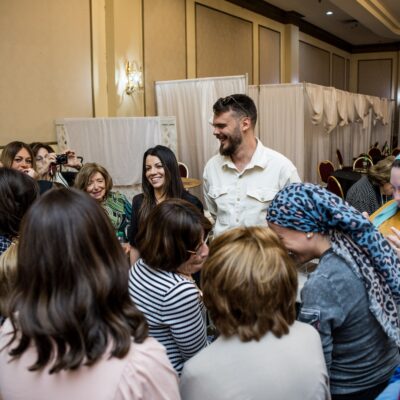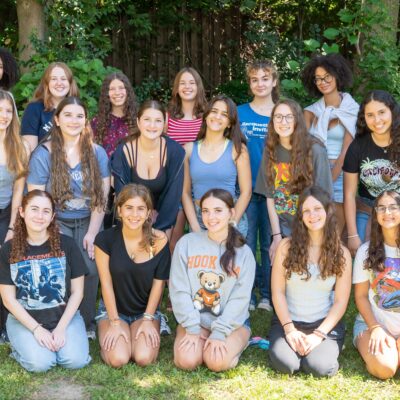If Not Now, When?

By Dana Sheanin
Last week’s piece “What’s Going on in Jewish Education” identified many ways Jewish educators in all settings have transformed the nature of our work this summer. As we prepare for a fall unlike any we’ve experienced, I can’t help but think the current crisis offers a powerful opportunity to deepen both the relevance and the impact of Jewish education.
Consider this: When it comes to learning, simple conversation is Judaism’s oldest technology. While it once took place in far flung yeshivot (and only among men) it now takes place in your living room on the phone, on Zoom, on Google classroom and on Edmodo. Wherever we are and whatever is happening in the world, we learn by being in relationship – with each other, with Jewish wisdom and with the community around us.
The most important role of teachers has always been to help students make meaning of the world. Overwhelmed as we all are by adapting to our new environment, educators have a deeply important task ahead of us. We have the power to model how relationships will enable us to thrive even in the face of Covid 19. But how?
Deepening Social Emotional Learning:
This summer’s debate about whether and when children should return to in-person school reminded us that social and emotional engagement is essential to the development of what educational theorist Nel Noddings calls “competent, caring, loving and loveable persons” or what we educators might call “menschen.” Meeting the social and emotional needs of our students as they wrestle with the impact of the pandemic must be the primary goal of Jewish education. Considering how to make space for children’s feelings and fears, and their need to build meaningful virtual friendships is paramount. At my organization focused on advancing excellence in Jewish education, our Bay Area based professional team is actively curating and sharing best principles in social emotional learning (SEL) with teachers and educational leaders. As importantly, we are working to actively care for the emotional needs of the teachers themselves. Always, and especially now, relationships – for children and adults – must be at the center of all meaningful Jewish learning.
Encouraging Conversation:
Who isn’t scrambling? To develop competence with what feels like dozens of new technologies to help us connect, share information, teach and learn both together and asynchronously and make learning accessible to students of all ages and abilities is no small feat. It’s a herculean task for a field that has tended to rely on in-person, and traditional modes of study. While the Jewish world is skilled at building organizational infrastructure, we would be wise to remember that our most important tool requires no technology at all. As I recall learning from veteran family educator Vicky Kelman in the early days of my career – often a skilled teacher need only ask a good question, and then get out of the way. Important conversations are already happening through text study, book groups, virtual workshops and gatherings on timely topics. How might we take the pressure off of ourselves to master every new technology immediately, and remind ourselves that the mitzvot of Torah, Avodah and Gemilut Hasadim occur in relationship, and that educational technology is simply one element of our toolkit?
Fostering Sacred Dialogue:
Our communities, our country and the world at large are deeply in need of healing. Here too, Jewish educators can be at the forefront. It is our privilege to have regular opportunities to help children resolve interpersonal issues with kindness, to support parents in making sense of trauma, and to provide safe space for adults of varying political perspectives to listen to and hear each other’s needs in these trying days. In all of these ways, we develop individual and collective resilience.
With a focus on values-based Jewish education and teaching principles of sacred dialogue (including nonviolent communication), we can encourage our students to advocate for kindness and justice from their homes. As role models, we have both a window of opportunity and a moral obligation to encourage tikkun – healing – between humans, between communities, and across racial and ethnic divides this fall. Just like Dorothy’s ruby slippers, the tools we need are already here. What is required is to pause, and turn our gaze to what is in front of us.
As Elul begins, and our to-do lists grow longer each day, this is our moment. May we all be inspired to talk with, care for, and gently support each other and our students as we usher in healthier, sweeter and more just days ahead.
Dana Sheanin is the CEO of Jewish LearningWorks, a Bay Area based organization elevating the quality of Jewish education by developing world class educators, promoting best practices, and providing resources for learners of all ages through our Jewish Community Library.

 Add EJP on Google
Add EJP on Google